

Contributor
- Topics: Archive

The elevator door opens. A moment before we were standing on a gritty New York street, dust sticking to our sweaty clothes, nostrils burning with diesel. Now the scene before us is open sky, bird song and rows and rows of green, punctuated with colorful outbuildings and a water tower. On the distant skyline we can pick out the Empire State Building, and the Brooklyn Bridge.

Welcome to the Brooklyn Grange, a rooftop farm with a kick ass view—a confluence of passionate and smart young New Yorkers willing to get their hand’s dirty, the demand for ultra local vegies from area chefs, and acres of prime rooftop real estate. The endeavor currently consists of two commercial, for-profit rooftop farms in sight of Manhattan and plans for more in the future. BG grows vegetables for New York City, a place that reputedly produces a mere four percent of the produce it consumes.

Six floors above an industrial neighborhood in Long Island City, Brooklyn Grange founders Ben Flanner, Gwen Schantz, and Anastasia Plakias, combined green roofing technology, business savvy—Ben quit a job in finance to become an urban farmer—and a sustainable sensibility to create this one acre farm. Roof top farming makes sense in a place where the New York Times recently reported land values at $2,300 a square foot and development is a constant threat.

As Gwen shows us around what we see is more than a farm, it is a regenerative integrated ecosystem. Unlike other commercial rooftop growing operations that turn a profit growing hydroponically, the Brooklyn Grange is all about the soil. “We wanted to create a living soil with compost recycled out of the waste stream. Microbes, insects, and birds create a living ecosystem,” says Gwen.

This “living ecosystem” was no small task. Over a million pounds of specially engineered soil was craned onto the rooftop and laid six to eight inches deep. Because standard green roof soils are designed to be light and not particularly nutritive, the Grange worked with Skyland USA to develop a special mix consisting of expanded shale, pumice, and granite mixed with rich mushroom compost. The resulting soil is light but has enough nutrition and tilth to grow organic food. Under the soil four layers of various materials and thicknesses keep out roots, enhance drainage, and protect the roof—standard green roofing technology from Optigreen out of Germany. The soil alone cost $90,000; add to this the underlayment and the craneand you get a $200,000 price tag. Gwen admits this is not a realistic outlay of capital for the average farmer.

But the unique marriage of sustainable farming practices with green roofing technology means this farm also serves as a huge rainwater collector, keeping thousands of gallons of storm water out of overburdened sewers.

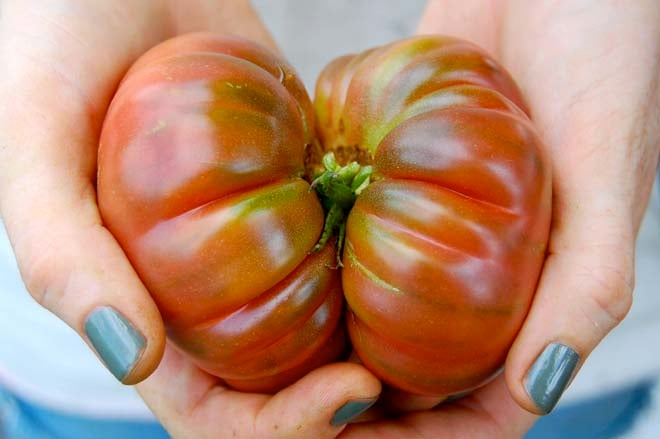
[sidebar]Find out more about the Brooklyn Grange on their website at www.brooklyngrangefarm.com.[/sidebar]
This may be what ultimately makes this type of farming cost effective. Installation of Brooklyn Grange’s new rooftop farm on a building in the old Navy yard was funded almost entirely by an Environment Protection Agency grant for storm water mitigation. “We see the potential to partner with municipalities in this way to help defray the installation costs in the interest of capturing storm water,” Gwen says.
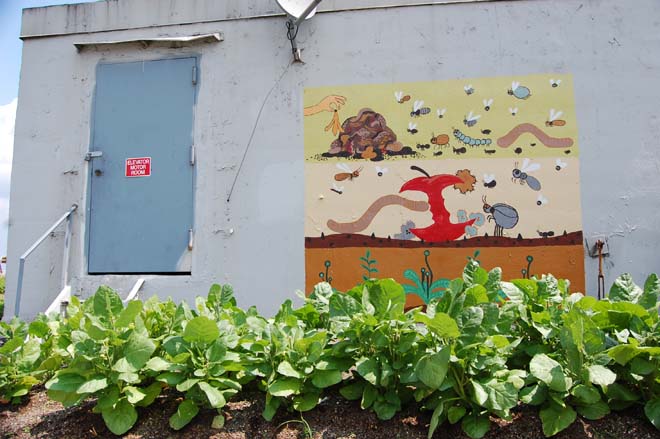
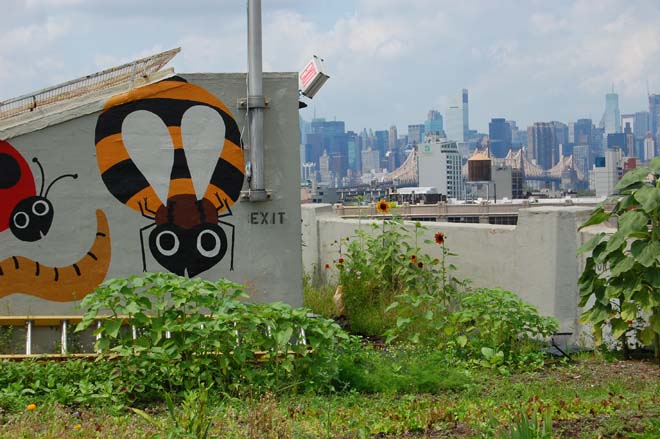
Share:
Social Media
Garden Futurist Podcast
Most Popular
Videos
Topics
Related Posts

January Showers Bring February flowers…
Fall 2022 It may not quite have the same ring to it as the old English proverb, but it has a lot more truth to
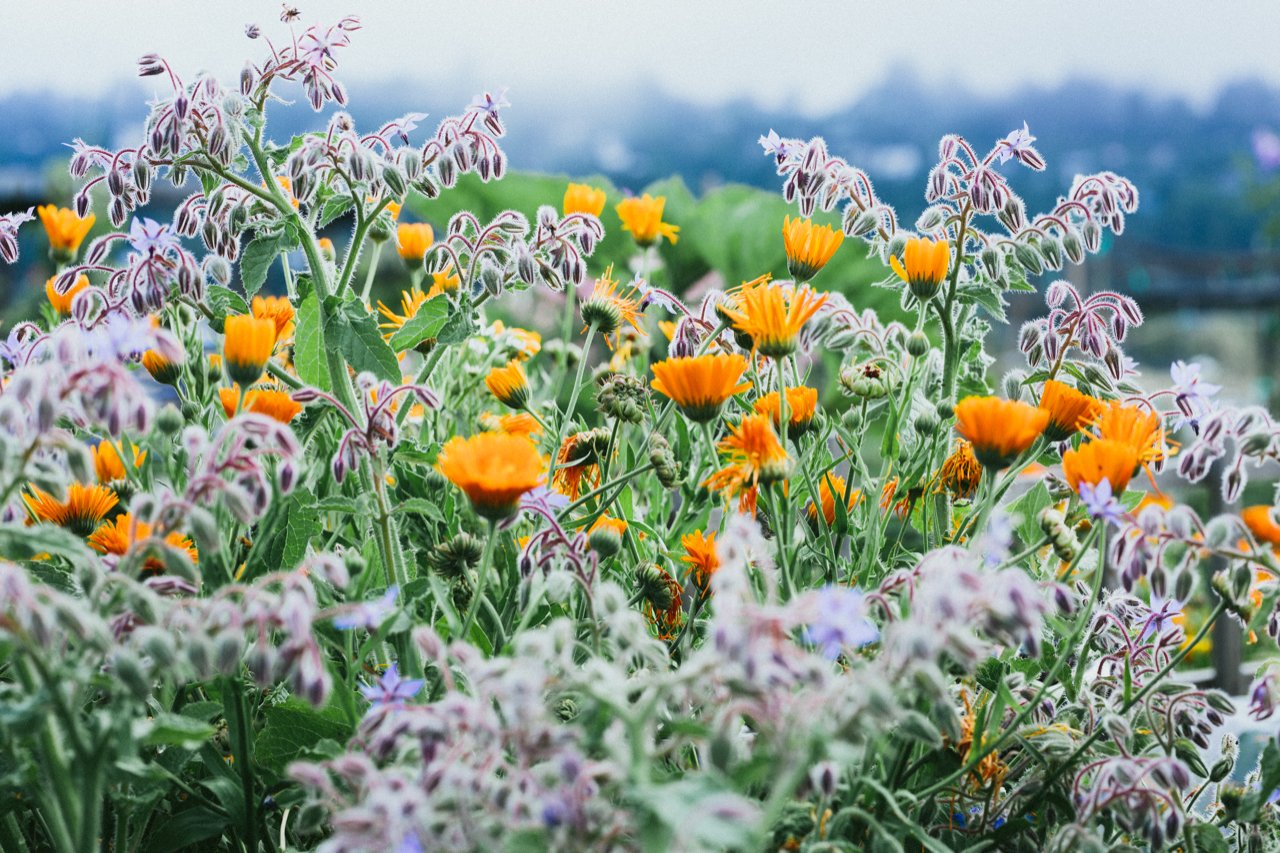
Healing Gardens
Spring 2022 Emily Murphy believes gardens hold the key to saving our health, our communities, and our planet. In her new book Grow Now Murphy
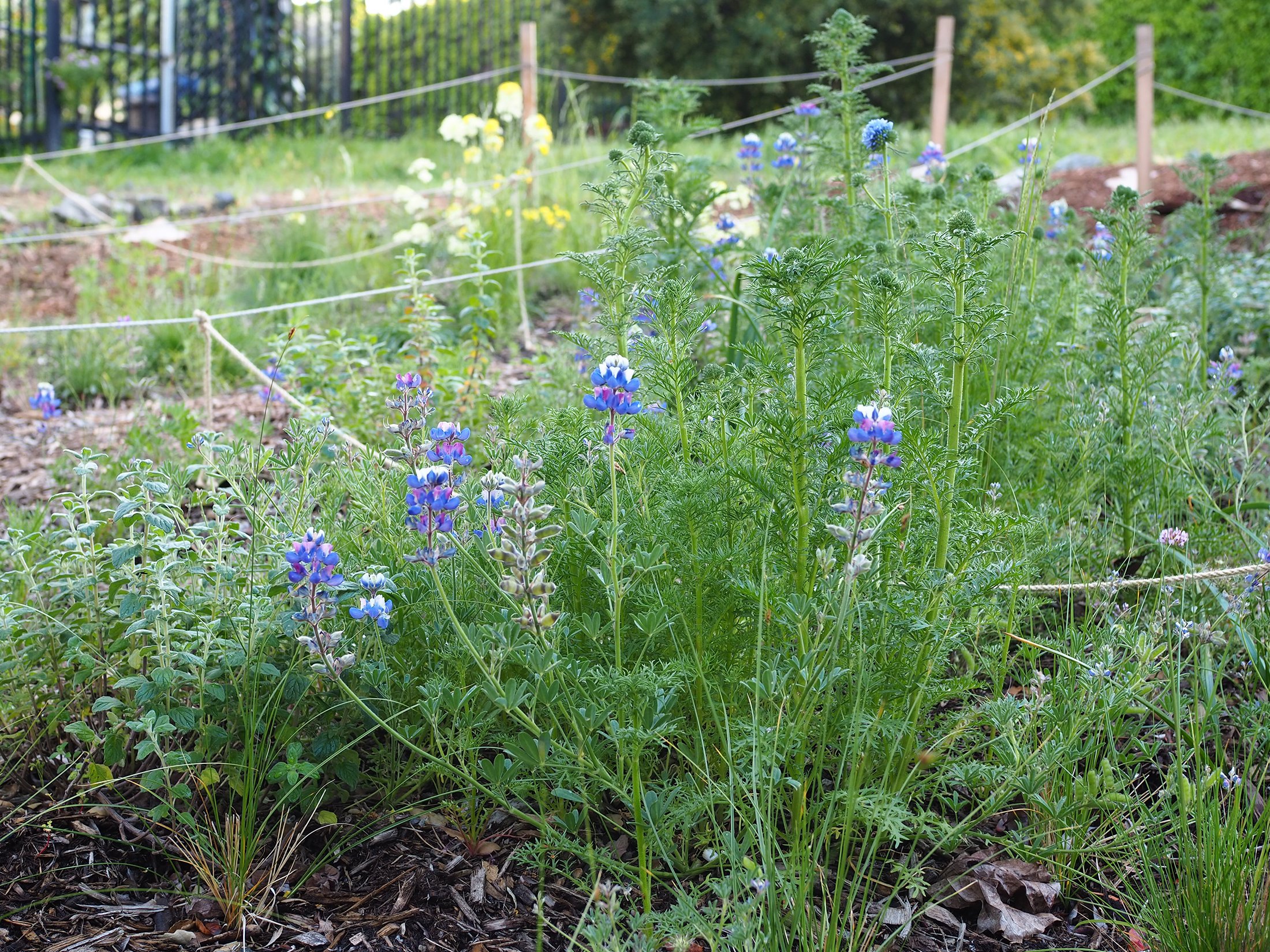
Your Keystone Plant Matrix with Garden Futurist Doug Tallamy
Spring 2022 Listen to the full Garden Futurist: Episode XIV podcast here. If you take Keystone plants out of your local food web, the food
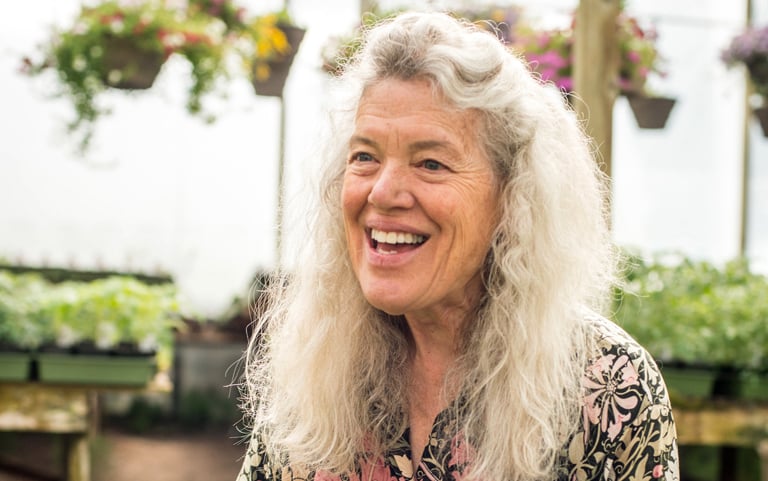
A Botanical Force
Listening to Alice Doyle recount the origin stories of Log House Plants’ most popular introductions, educational campaigns, and innovative collections is a great way to




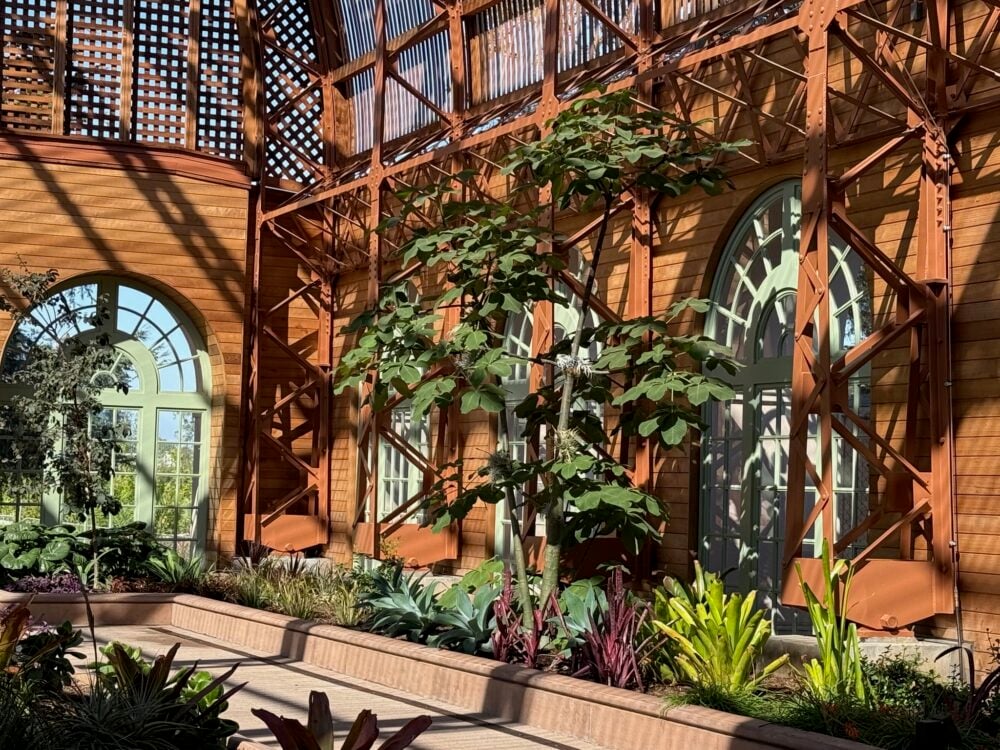



Responses